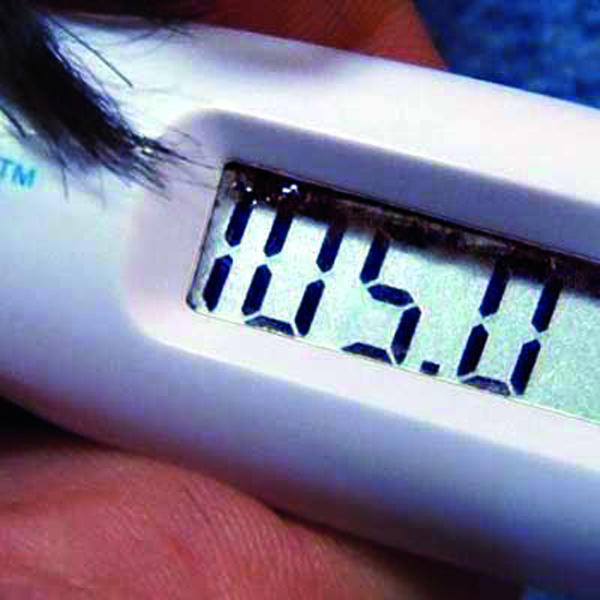
There are many questions that we answer at our practice which are meant to dispelling widely held beliefs. We thought we would take the opportunity to broadly share some of these myths and tell you the truths.

Myth: High fever will cause brain damage

Truth: Fever is not dangerous to our body
In fact, it serves a healthy purpose, although it makes us feel ill and tired. Fever lets us know we are sick and tells us to rest and hydrate. Fever produces a hostile environment for many infections, slowing down their spread.
The myth of brain damage probably arose from the observation that a small percentage of young children (around 3 percent) are prone to a seizure if they develop fever. Thus, 97 percent of children will never have this issue no matter how much fever they develop. There is also no possibility of brain damage after a typical febrile seizure since febrile seizures are benign (albeit scary to witness).
The other possible source of this myth could be the confusion of hyperthermia and fever. Hyperthermia is when our body overheats from extreme external temperatures and exertion (like running a 10K when it is 100 degrees outside). Hyperthermia is dangerous and can be life threatening but is very different from fever. Fever is an internal response while hyperthermia comes from external heat exposure.
When someone becomes ill with fever and suffers long-term consequences, these “consequences” result from the underlying cause of the fever, not the fever itself.
Fever is your friend because it helps us to know when you are ill and it represents your body working appropriately, so do not panic.
Myth: Teething causes fever
Truth: Teething does not cause a child to manifest fever
Our body temperature fluctuates throughout the day from 98-100. If we have a temperature above 100.4, it means our body is responding to signals from our immune system, usually as a result of an infection. Teething does not trigger this response.
Myth: Lifting weights stunts your growth
Truth: Lifting weights will not stunt your growth
There is no scientific support of the notion that weight lifting, even powerlifting, at a young age will negatively affect growth potential. This myth comes from the notion that children have growth plates and that constant compression and stress will somehow interfere with these growth plates. Actual damage to the growth plate is painful and is a type of fracture that occurs with traumatic forces, not during weight lifting. There is no notion or model to suggest that lifting weights is capable of producing a force to fracture the growth plate. As another fact to disprove this myth, when a child suffers a growth-plate fracture (typically during an awkward fall), the growth plate almost always heals and the bones continue to grow normally. We do encourage proper technique and supervision if a child/adolescent chooses to lift weights, but rest assured it cannot stunt their growth.
By Tenafly Pediatrics











